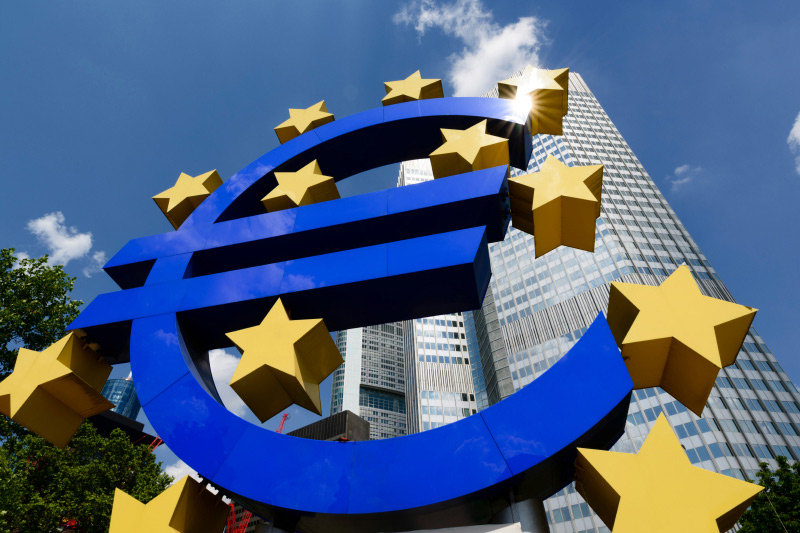Investing.com — The European Central Bank and the Bank of England are likely to adopt “similar” monetary policy stances, although the BoE is tipped to take a slightly more aggressive approach, according to UBS analysts.
In a note to clients, the analysts added that the economic situation in both regions is “fairly similar, with a slight bias towards strength in the latter and weakness in the former.”
For these reasons, they estimate that the euro-British pound currency pair will trade “slightly weaker” but remain stable around the current range of £0.83 to £0.85. They added that volatility in the currency pair “will remain suppressed.”
The comments come after the Bank of England last week left its benchmark interest rate unchanged at 5.0%, with officials expressing their desire to take a gradual approach to possible future policy easing following a rate cut in August.
Economists had widely expected the move, especially after UK consumer price growth came in at 2.2% annualized last month, close to the bank’s medium-term target, but services inflation rose to 5.6% annualized. Price increases in the services sector are seen as a key data point for the BoE.
The prospect of potentially persistent inflation in Britain’s services sector has led many forecasters to bet that the BoE will cut interest rates more slowly than its counterparts.
Other indicators of price pressure were mixed. Wage growth, another key gauge the BoE looks at, has cooled and the broader economy stagnated in July.
Meanwhile, the European Central Bank cut borrowing costs for the second time in three months earlier in September.
The rate-setting Governing Council said it cut the interest rate on the deposit facility – the mechanism through which it steers monetary policy – by 25 basis points to 3.5%. In July, the ECB left its deposit rate unchanged at 3.75%, after cutting it from an all-time high of 4% in June.
Since that meeting, headline inflation in the eurozone currency area has fallen to a two-year low of 2.2%.
However, at a press conference after the decision, ECB President Christine Lagarde emphasized that the central bank was not “committed” to a specific interest rate path and will remain dependent on data before taking future policy steps.


